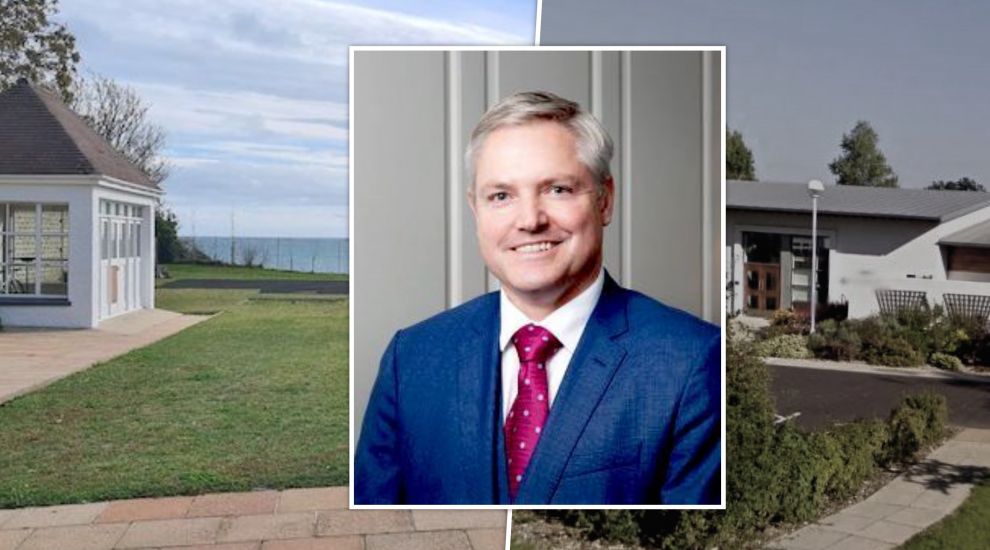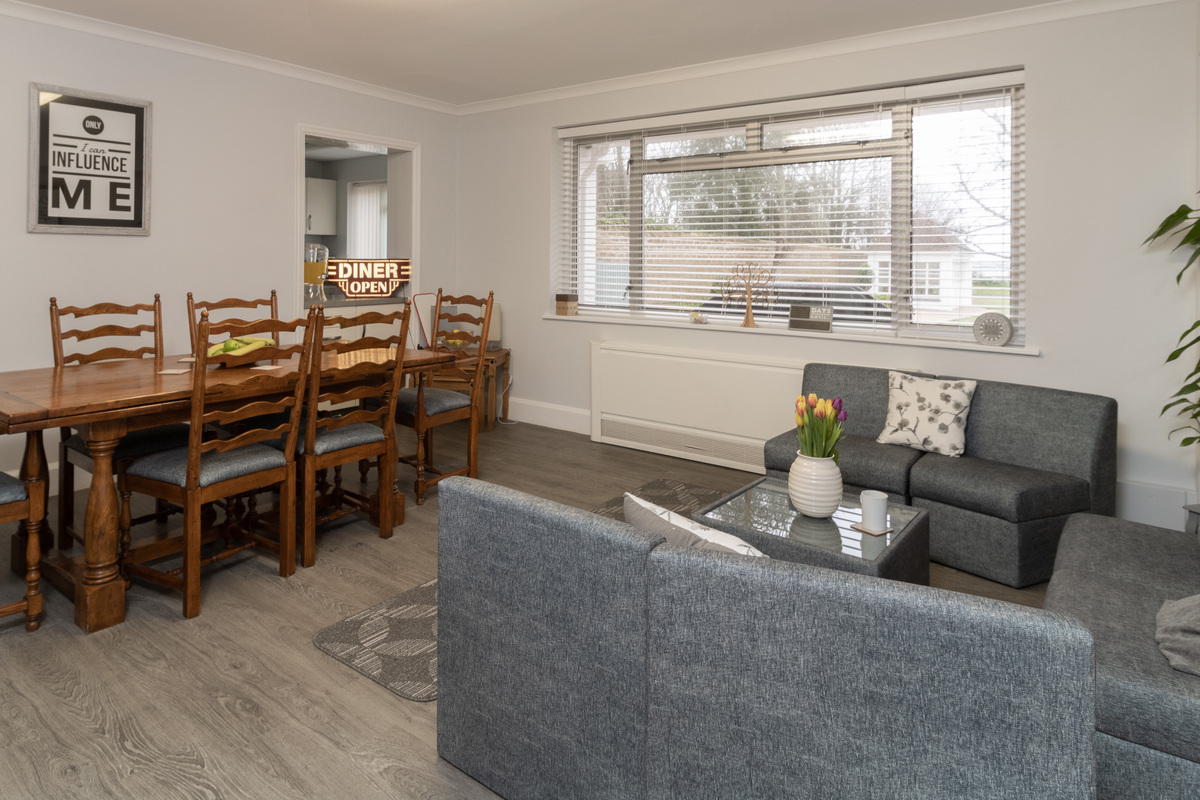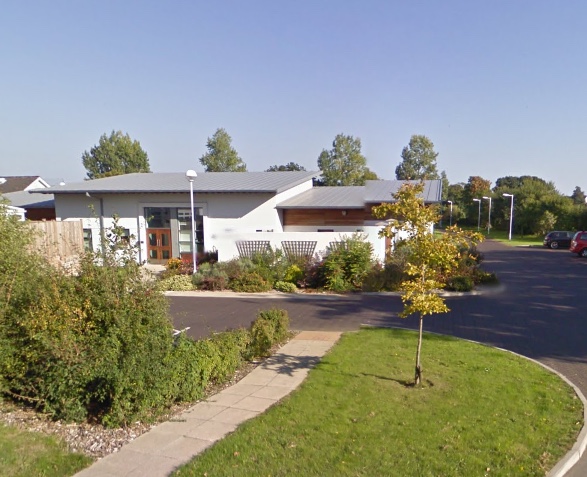


A top children's lawyer has accused the Children's Minister of 'side-stepping' questions over why his department is continuing to use a "child prison" rather than considering a charity’s new therapeutic facility as an alternative.
While drug and alcohol rehabilitation charity Silkworth’s ‘Hope House’, which aims to help children struggling with addiction and mental health difficulties, initially received a flurry of referrals from Government when it opened in March, those suddenly dried up.
As Express reported earlier this month, the charity and Children’s Commissioner have since called out the Government for ‘gatekeeping’, potentially because it is now working on creating its own "intensive support service."
In the meantime, some children in emotional distress are being sent to children’s remand facility, Greenfields.
Deputy Mike Higgins asked Education Minister Deputy Scott Wickenden last week whether any consideration had been given to using Hope House as an alternative to Greenfields.

Pictured: Hope House was established in the former Brig-y-Don Children's Home.
In his response, the Minister explained that, while the Government is “keen to work with Silkworth”, Hope House was registered as a Children’s Home rather than a ‘Secure Children’s Home’ like Greenfields, where children are sent when there is evidence that they would otherwise put themselves or others at risk or if they have been remanded in custody following an appearance in Youth Court or the Magistrate’s Court.
This means Hope House does not have the facilities to manage extremely high-risk children.
He added that young people must consent to being at Hope House, which means it could not be used as an alternative to Greenfields.
Deputy Wickenden went on to state that “discussions to explore how Hope House can meet the needs of a wider group of children and young people in Jersey are ongoing.”
But Advocate Darry Robinson, who recently shared his horror at how the Government is continuing to send young people with emotional difficulties to "child prison", has suggested the Minister is drawing a false distinction.
Pictured: Advocate Robinson described Greenfields as a child prison.
He said the Minister appeared to “side-step” Deputy Higgins' question by answering in a way that only drew distinctions between Greenfields and Hope House, rather than explaining whether any consideration had been given to using the therapeutic facility in some cases.
“We already know that Greenfields and Hope House offer very different forms of accommodations,” the lawyer said. “The central point of this debate being that Hope House offers a form of accommodation more suited to the needs of the children and young people, some of whom are presently being made the subject to secure accommodation orders.
“As a therapeutic-focused accommodation, Hope House is better able to address the causes of the offending communicated by the children in the behaviour which has led to the requirement for an accommodation order.
“Perhaps then the reason for the failure to place children in Hope House is not a failure in the recognition of the difference in the facilities, but a failure to recognise why the distinction is so important.”
Pictured: Advocate Robinson reminded it is up to the Court to determine whether Hope House is equipped to deal with a particular child’s needs.
“Today’s research-led understanding is that ‘teaching children a lesson’ or giving them a ‘short, sharp shock’ by depriving them of their liberties and rights not only does nothing to prevent any reoffending but adds to the trauma, lack of control, shame and anger felt by the children which only worsens reoffending when released,” Advocate Robinson added.
“The Minister would do well to recognise this if we are going to put children first and be part of the solution for ‘children who put themselves at risk or others at risk’ and not be part of a cyclical and worsening problem for these ‘children or others’.”
Advocate Robinson also issued a reminder that it is not up to the Minister to determine whether Hope House is equipped to deal with a particular child’s needs and therefore that secure accommodation is the only alternative - instead it is a decision that falls to the Court.
“In deciding whether to commit a child to secure accommodation, the Court must be satisfied that any other accommodation would be unsuitable,” he explained.
“Had the Court been told about Hope House by the Minister’s delegates (the social workers in their reports), then the Court would have been able to make the decision, on a case-by-case basis, as to whether Hope House was a suitable alternative to Greenfields.
“Unfortunately, it seems that children have been denied that consideration.”
Express spoke to Silkworth CEO Jason Wyse about his concerns that Government 'gatekeeping' is stopping the island's most vulnerable children access the best quality therapeutic care...
Subscribe to Bailiwick Podcasts on Spotify, Apple Podcasts, Deezer or Whooshkaa.
Lawyer "horrified" Gov sidelining Hope House while using "child prison"
FOCUS: Gov criticised for wasting children's therapy facility
Comments
Comments on this story express the views of the commentator only, not Bailiwick Publishing. We are unable to guarantee the accuracy of any of those comments.